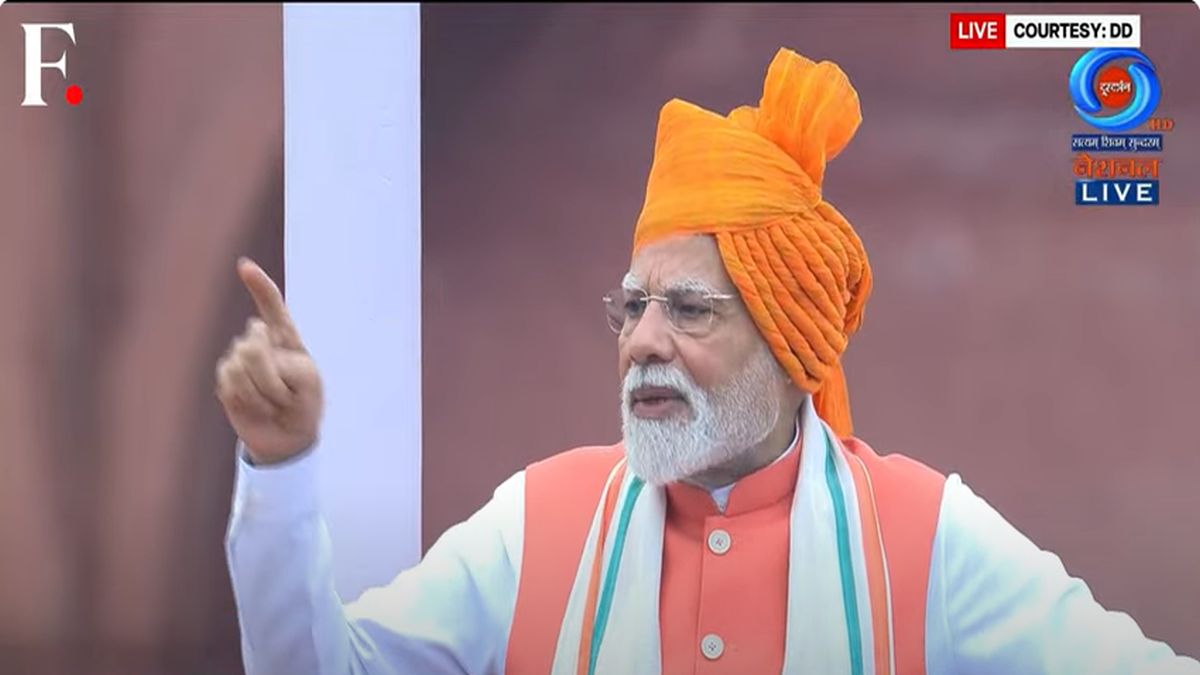Addressing the nation from the ramparts of the Red Fort on the occasion of the 79th Independence Day, Prime Minister Narendra Modi promised a “big gift” for the country this Diwali.
**Click here for Independence Day 2025 LIVE**
“This Diwali, I am going to arrange for your grand Diwali. We are bringing next-gen GST reforms,” the Prime Minister said.
The reforms will focus on MSMEs, seen as key to countering tariff turmoil, while also benefiting small traders. Global ratings agencies are praising India, and the world is showing trust in the Indian economy.
The Goods and Services Tax (GST), introduced in 2017, is India’s biggest indirect tax reform, unifying multiple central and state taxes into a single nationwide system. GST currently operates under a multi-slab rate structure — 0 per cent, 5 per cent, 12 per cent, 18 per cent and 28 per cent — with essential items like food grains largely exempt, while luxury goods and sin items attract the highest rate, along with additional cess in some cases. The system aims to simplify compliance, reduce cascading taxes, and create a more transparent business environment, though rate rationalisation has been an ongoing policy focus.
GST revenues have shown robust growth and resilience. In fiscal year 2024-25, gross GST collections surged to a record Rs22.08 lakh crore, up 9.4 p[er cent year-on-year, doubling in just five years from Rs11.37 lakh crore in FY21.
April 2025 delivered the highest-ever monthly haul of Rs2.37 lakh crore — with strong domestic demand and surging import duties driving the surge while May followed suit, crossing Rs2 lakh crore (Rs2.01 lakh crore), a 16.4 per cent increase YoY, led by a 25.2 per cent jump in import-related IGST.
The collections remained strong in June at Rs1.85 lakh crore (+6.2 per cent YoY) and in July at Rs1.96 lakh crore (+7.5 per cent), marking the seventh consecutive month above Rs1.8 lakh crore, with April–July GST revenue up 10.7 per cent over the previous year.
Impact Shorts
More ShortsThese figures reflect improving tax compliance, expanding formalisation across sectors including MSMEs, and a healthy blend of domestic economic activity and cross-border trade. As Diwali approaches, the promise of next-generation GST reforms could help sustain this momentum by simplifying processes, reducing friction and improving cash flow for small businesses.


)

)
)
)
)
)
)
)
)



